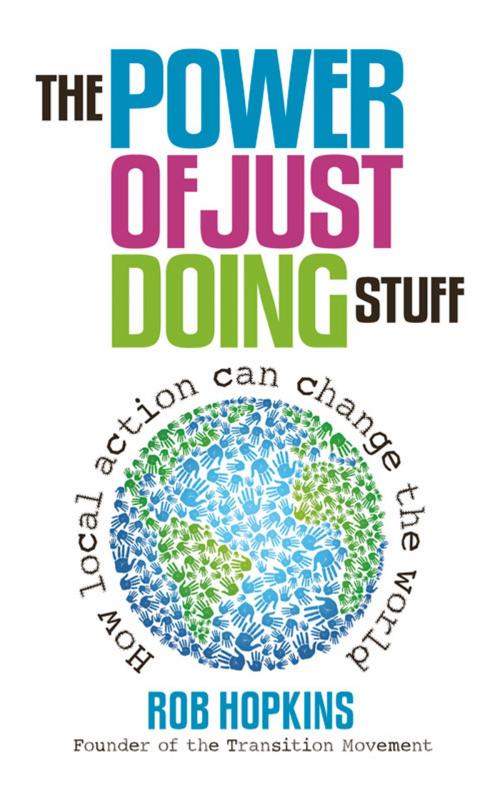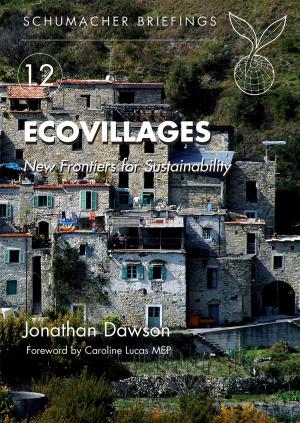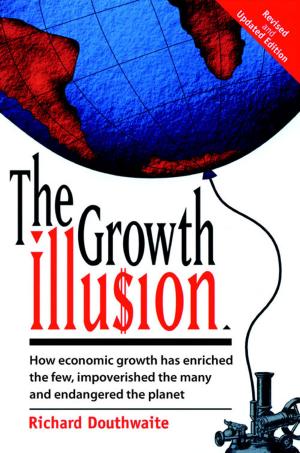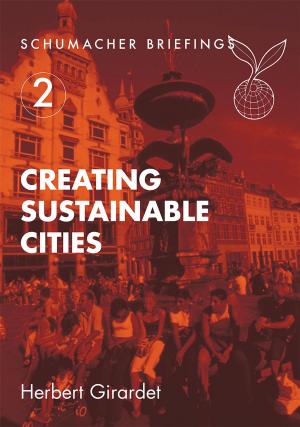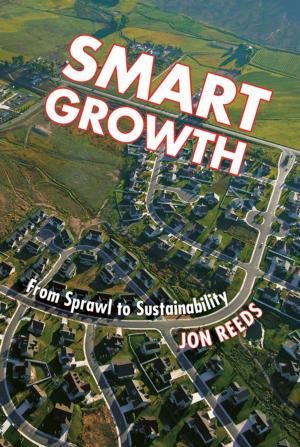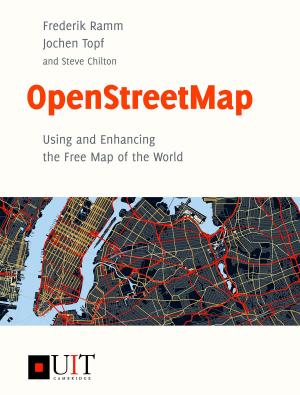Power of Just Doing Stuff
How Local Action Can Change the World
Business & Finance, Economics, Sustainable Development, Nonfiction, Social & Cultural Studies, Social Science| Author: | Rob Hopkins | ISBN: | 9780857841193 |
| Publisher: | UIT Cambridge Ltd. | Publication: | September 19, 2013 |
| Imprint: | Green Books | Language: | English |
| Author: | Rob Hopkins |
| ISBN: | 9780857841193 |
| Publisher: | UIT Cambridge Ltd. |
| Publication: | September 19, 2013 |
| Imprint: | Green Books |
| Language: | English |
Packed with real-life examples and the voices of people who have created innovative local businesses and invested in all manner of new enterprises, this call for local action argues that the seed of a new economy—and the answer to the desperate search for a new way forward in an increasingly economically insecure and ecologically unstable world—is an understanding by individuals that change starts with them. The aim of the Transition movement is to galvanize people into taking action, whether on a large or a small scale, with the goal of creating communities that model a local economy rooted in place, in well-being, in entrepreneurship, and in creativity. While the book is primarily focused on food production and sustainable energy, the practical applications it offers also address how to rebuild a local community in the face of austerity due to a natural disaster or economic collapse. Eschewing political arguments of any kind, this discussion will appeal to readers of all persuasions who are eager to play a role in creating a more stable and healthier world one community at a time.
Packed with real-life examples and the voices of people who have created innovative local businesses and invested in all manner of new enterprises, this call for local action argues that the seed of a new economy—and the answer to the desperate search for a new way forward in an increasingly economically insecure and ecologically unstable world—is an understanding by individuals that change starts with them. The aim of the Transition movement is to galvanize people into taking action, whether on a large or a small scale, with the goal of creating communities that model a local economy rooted in place, in well-being, in entrepreneurship, and in creativity. While the book is primarily focused on food production and sustainable energy, the practical applications it offers also address how to rebuild a local community in the face of austerity due to a natural disaster or economic collapse. Eschewing political arguments of any kind, this discussion will appeal to readers of all persuasions who are eager to play a role in creating a more stable and healthier world one community at a time.
